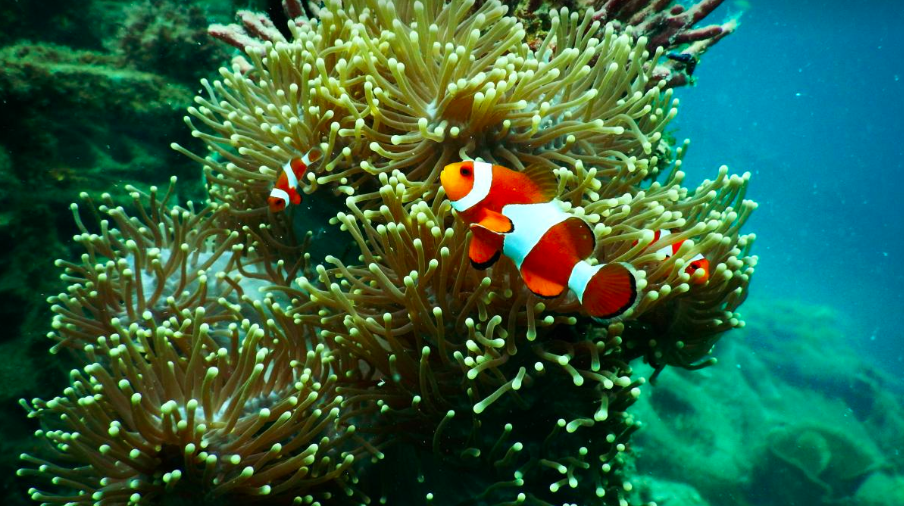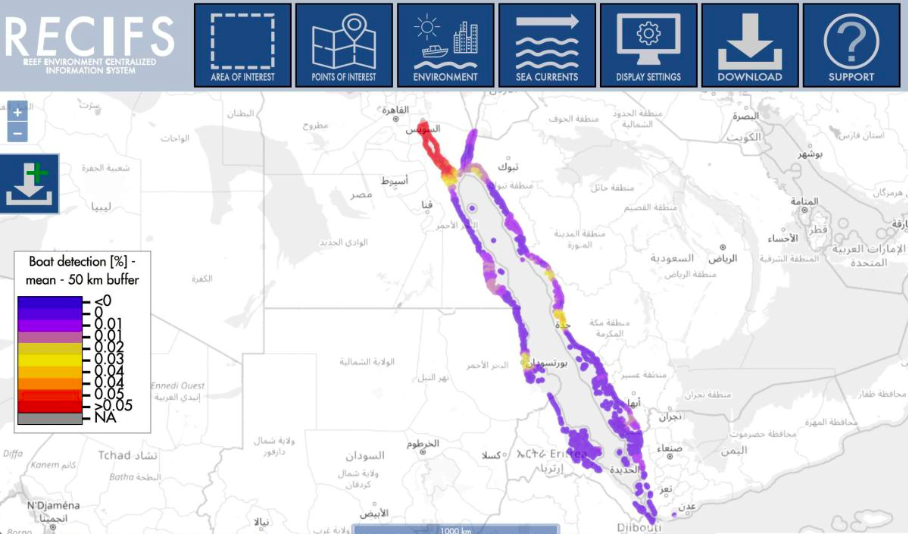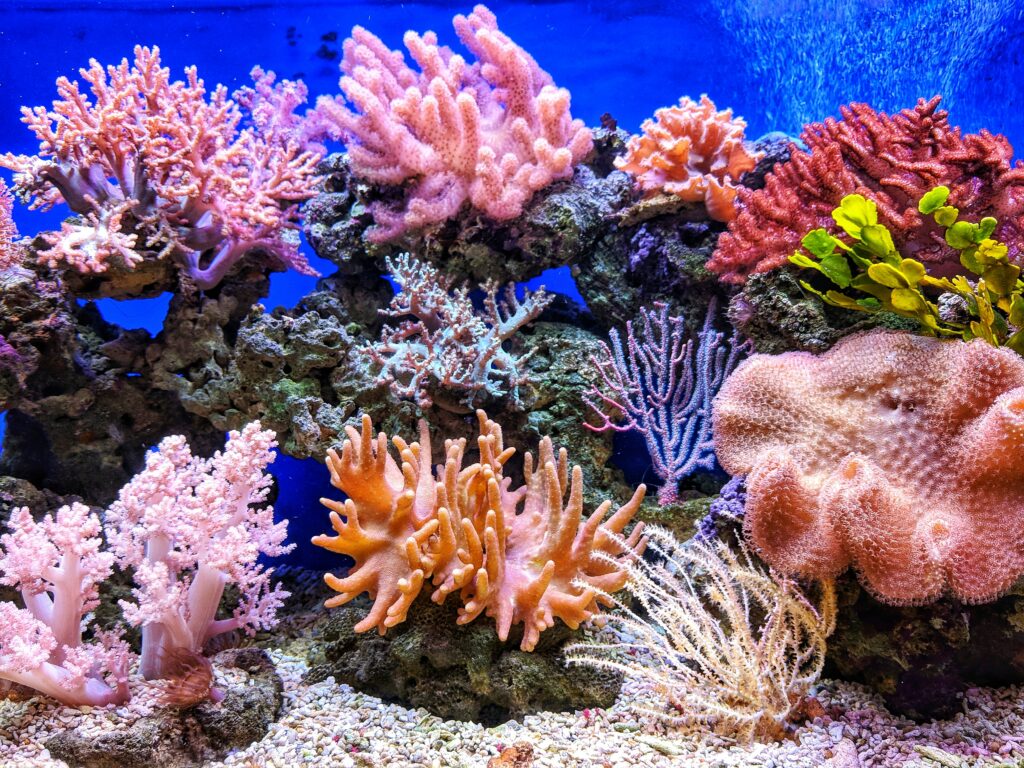ven, Mai 19th 2023

(SwissTech) A new interactive web platform records environmental data from coral reefs and coral ecosystems from around the world to help us better understand their strengths and vulnerabilities.
Within a space of just 10 years (2009–18), 14% of the world’s hard corals were lost according to UNEP – a decline that was mainly attributed to anomalous heat waves causing coral bleaching. Corals are particularly exposed to global warming and external influences.
Having a comprehensive repository of datasets helps us better understand the correlations and influences of coral ecosystems and respond appropriately.
For this reason, the EPFL has launched les RECIFS application designed to monitor coral ecosystems in order to produce such a database. The aim is to record environmental data from coral reefs around the world to better understand their adaptation – or not – to climate change and human activities.

The application gathers almost four decades of information from the public domain, such as water temperature, heat waves and sea-current velocity. It also records human activities (e.g. maritime traffic, surrounding cities and population density) which often mean overfishing or agricultural land usage, with the risk of fertilizer being dumped into the sea.
With this global data set, it will become possible to see what has triggered irreversible processes in the past, such as the death of corals. It could also help explain why certain coral ecosystems have managed to adapt and survive, so that the same solutions can be applied elsewhere.

Dans un recent publication for Global Ecology and Biogeography, EPFL scientists used the example of a fish, the stripey snapper, to highlight how the RECIFS system can be applied. By analyzing the existing data, it was possible to identify an Australian region where this fish has developed exceptional capacities to adapt to both thermal stress and phosphate.
Another example is a study on why coral reefs are more diverse in some parts of the Caribbean than others. With the help of 302 environmental variables containing photographic surveys of the reefs across the area, scientists managed to pinpoint the specific environmental factors explaining these variations in coral diversity.
The goal of this giant directory, which will be updated every year, is to enable scientists and local stakeholders to develop effective conservation strategies for coral ecosystems.
This article was re-printed with permission from SwissTech.
